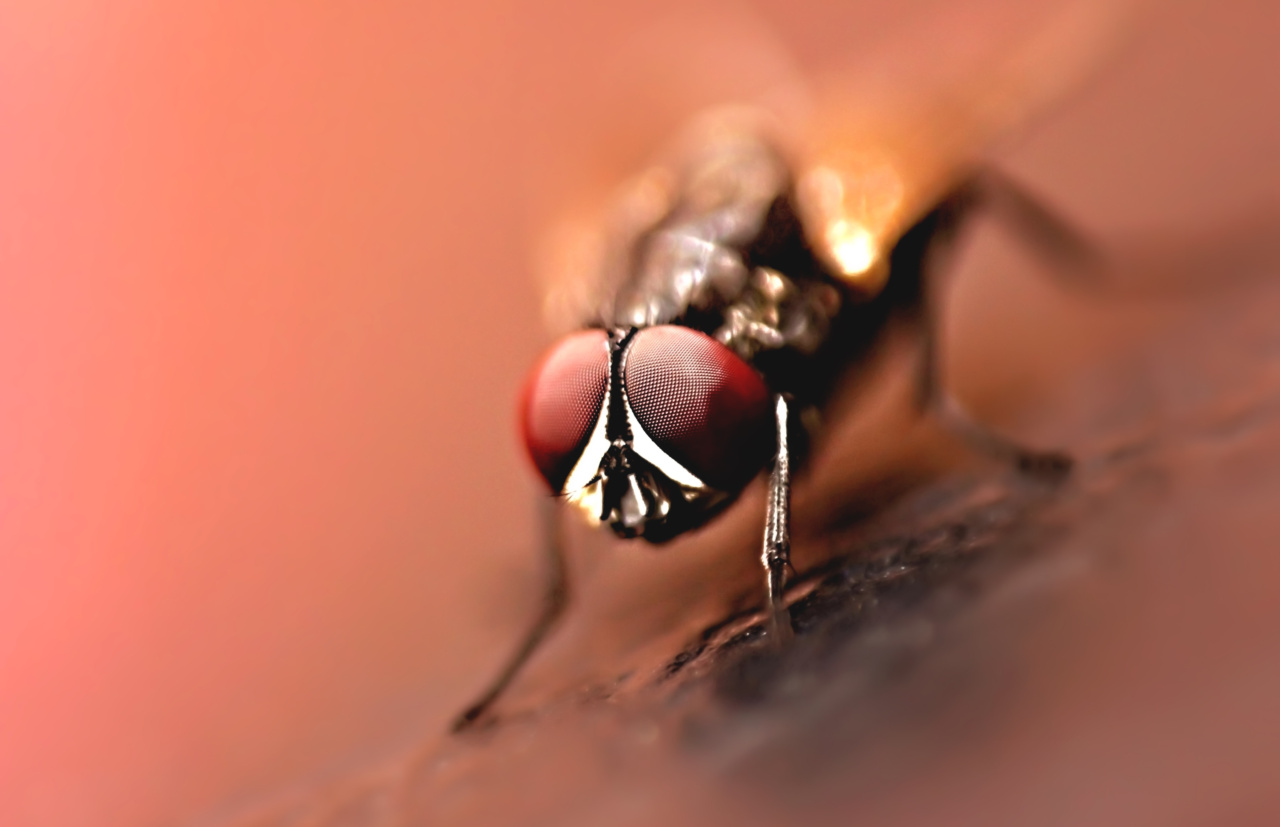Beetles, with their diverse shapes and sizes, are often seen as annoying pests or insignificant creatures on the ground. However, recent research has shed light on the numerous health benefits that these tiny insects have to offer.
From aiding in digestion to providing natural remedies for various ailments, beetles have proven to be more than just small creatures crawling around. In this article, we will explore some of the most remarkable health benefits that beetles offer and how they can potentially improve our well-being.
1. Nutritional Powerhouses
While they may not look appetizing, beetles are surprisingly packed with essential nutrients. Some species of beetles, like mealworms and darkling beetles, are rich in protein, healthy fats, and vitamins.
In fact, mealworms contain even more protein than traditional sources, such as chicken or beef. Incorporating beetles into our diets can provide an alternative source of nutrition, especially for individuals following a plant-based or vegetarian lifestyle.
2. Digestive Aid
Beetles, particularly the dung beetles, play a crucial role in maintaining a healthy environment by assisting in the decomposition process. Their dung-feeding behavior helps break down waste materials, allowing for efficient recycling of organic matter.
This, in turn, contributes to the prevention of water contamination and the spread of diseases. By supporting the beetle population, we can indirectly promote healthier digestive systems for both humans and animals alike.
3. Natural Medicine
For centuries, beetles have been used in traditional medicine practices. The Chinese have long recognized the healing properties of the ground beetle, which is used to treat various conditions, including epilepsy and convulsions.
Similarly, beetles like blister beetles and rove beetles produce compounds that possess anti-inflammatory and analgesic properties. These compounds have the potential to be used in the development of new pharmaceutical drugs, offering natural alternatives to synthetic medications.
4. Wound Healing
Some beetles, such as the medicinal carrion beetle, have unique adaptations that aid in wound healing. These beetles produce antimicrobial substances that protect their larvae from infections in decaying carcasses.
Researchers have discovered that these antimicrobial compounds can also be effective in promoting wound healing in humans. By harnessing the healing properties of these beetles, scientists are exploring new possibilities for developing advanced wound care treatments.
5. Pest Control
While beetles are often considered pests themselves, certain species of beetles are invaluable in pest control. Ladybugs, for instance, are known for their voracious appetite for aphids, mites, and other plant-damaging insects.
By releasing ladybugs into gardens or agricultural fields, farmers can reduce the need for chemical pesticides, thus promoting a greener and healthier environment. Beetles offer a natural and sustainable approach to pest management.
6. Allergen Reduction
Beetles can also play a role in reducing allergens in our surroundings. Dust mites are a common allergen, particularly for individuals with respiratory conditions like asthma or allergies.
Flour beetles and grain weevils feed on these dust mites, keeping their population in check. Incorporating these beetles into integrated pest management strategies can help alleviate allergy symptoms, providing relief for affected individuals.
7. Eco-Friendly Waste Management
With the global focus on sustainable waste management, beetles prove to be valuable allies. Their ability to break down organic waste, such as food scraps and plant debris, accelerates the composting process.
Additionally, the larvae of certain beetles, like the darkling beetle, can feed on Styrofoam, offering a promising solution to the immense plastic waste problem. By harnessing the waste management abilities of beetles, we can create a healthier and cleaner environment.
8. Improved Soil Health
Beetles, particularly the diverse group known as dung beetles, greatly contribute to soil health. They help distribute vital nutrients by burying dung deep within the ground, preventing its loss through runoff.
This process enhances the soil’s fertility and promotes the growth of plants. Furthermore, dung beetles aerate the soil while burrowing, facilitating water infiltration and root development. The presence of these beetles is vital for maintaining healthy and productive ecosystems.
9. Bioremediation
Certain species of beetles have impressive abilities to detoxify and break down harmful substances. For example, the burying beetles have been found to neutralize toxins in animal carcasses by metabolizing them into harmless compounds.
This natural bioremediation process plays a significant role in maintaining ecological balance and preventing the accumulation of pollutants in the environment. Understanding the mechanisms behind this detoxification process may lead to innovative approaches in environmental cleanup.
10. Biodiversity Indicator
Beetles are the most diverse group of insects, with over 350,000 known species worldwide. Their abundance and variety make them excellent indicators of ecosystem health and biodiversity.
Changes in beetle populations can provide valuable insights into the impacts of habitat loss, pollution, and climate change. By monitoring beetles, scientists can better understand the overall health of ecosystems and take necessary measures to preserve biodiversity.
In Conclusion
Beetles, often overlooked and perceived as pests, have a vast array of health benefits. From their nutritional value to their medicinal properties, these tiny creatures play significant roles in various aspects of our well-being.
Incorporating beetles into our diets, supporting their population, and studying their remarkable adaptations can lead to innovative solutions for human health, waste management, and environmental sustainability. As we continue to uncover the hidden potential of beetles, it becomes increasingly evident that these tiny creatures contribute to much more than meets the eye.






























